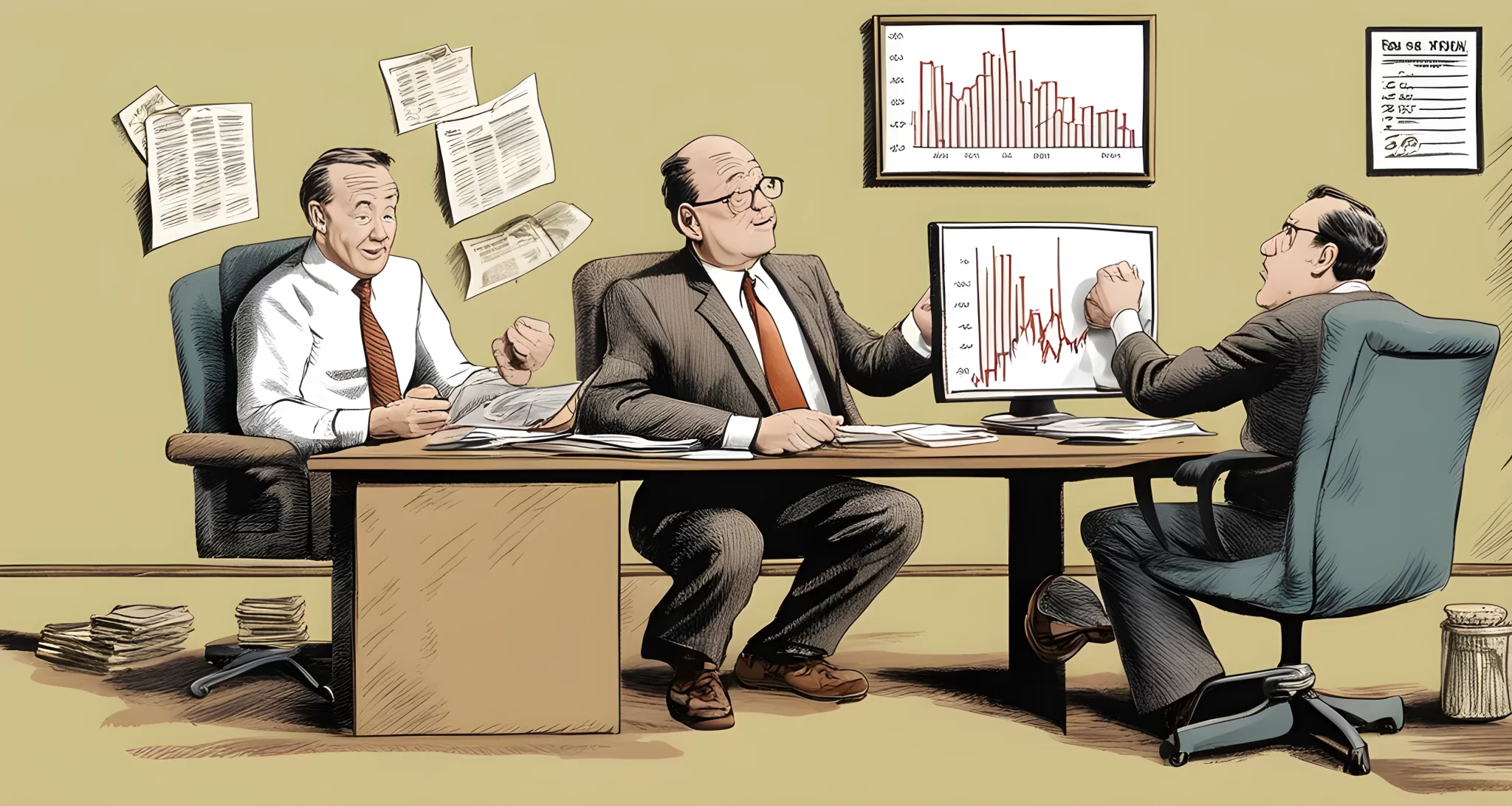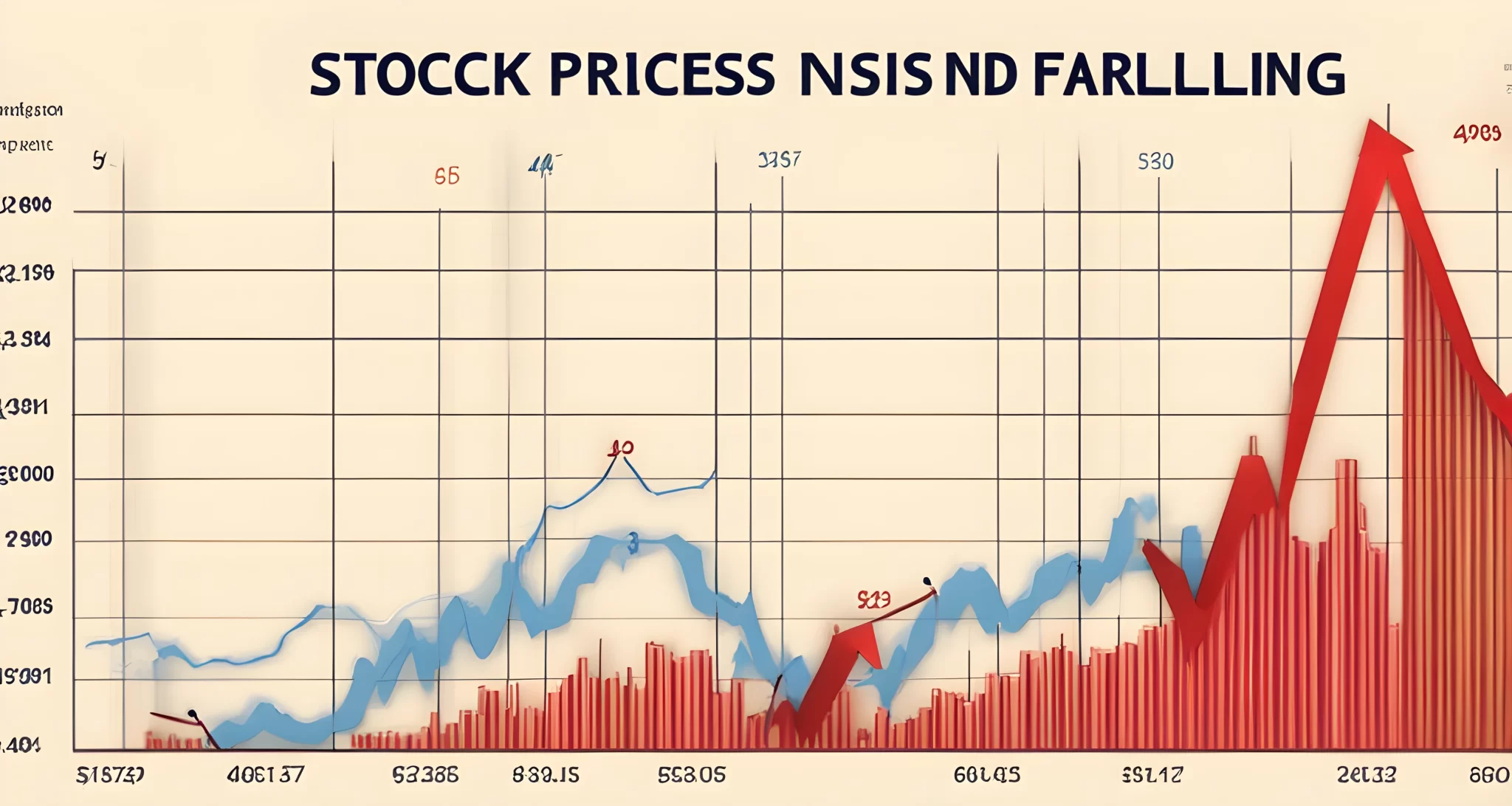What is Inflation?
Inflation is a sustained increase in the general price level of goods and services in an economy over a period of time. It erodes the purchasing power of money, meaning that the same amount of money can buy fewer goods and services as time goes on. This can have significant impacts on financial instruments, particularly savings and investments.
When inflation occurs, the value of money decreases, and as a result, individuals are able to purchase fewer goods and services with the same amount of money. This means that people need to spend more money to maintain their standard of living. Additionally, inflation can lead to higher interest rates, which can affect the cost of borrowing and the return on investments.
For Maximizing Money Starters Guide, it is important for beginners to understand how inflation can impact their financial decisions. As the cost of goods and services increases, individuals need to consider how to protect their savings and investments from losing value due to inflation.
Overall, inflation is a crucial factor that influences economic decisions and affects financial instruments in various ways. As we explore the impact of inflation on savings, investments, fixed annual return investments, and stocks in the following sections, it is important to recognize the significance of understanding inflation when making financial choices.

Impact on Savings
In the context of savings, inflation can reduce the value of savings over time. For example, if you keep $10,000 under your bed, it may not be able to buy as much in 20 years due to inflation. While you haven’t lost money, your net worth has diminished because the purchasing power of your money has decreased.
Keeping money in the bank can help mitigate this effect, as interest earned can offset some of the inflation loss. However, the interest rate may not grow fast enough to completely offset the inflation loss, and your purchasing power continues to diminish.
To address this issue, individuals can explore alternative savings options such as Maximizing Financial Returns through investments in stocks, bonds, or other securities that have the potential for higher returns than traditional savings accounts. These investments often come with risks, but they also offer the potential for greater growth to combat inflation.
It’s important for individuals to consider the impact of inflation when making decisions about saving and investing. By understanding how inflation affects the value of money over time, individuals can make informed choices to protect their financial well-being. This may involve diversifying their savings and investment portfolios to include assets that have the potential to outpace inflation and preserve their purchasing power in the long run.

Impact on Investments
When it comes to investments, the impact of inflation is a crucial factor to consider. Different types of investments are affected in various ways by inflation.
Fixed Annual Return Investments
Investments with a fixed annual return, such as regular bonds or bank certificates of deposit, can suffer from the effects of inflation. The fixed annual return means that the investor receives a set payment each year. However, with inflation, the purchasing power of that payment decreases over time Maximizing Fiscal Strategy. This means that the real value of the return diminishes, and the investor may actually experience a loss in purchasing power.
Mixed Impact on Stocks
Stock investments are impacted differently by inflation. In some cases, inflation can potentially boost share prices when the economy is strong. However, companies also face higher costs for wages and materials due to inflation, which can eat into profits. Therefore, while stocks may benefit from increased consumer demand during periods of moderate inflation, they can also be negatively affected by rising production costs and interest rates.
It’s important for investors to carefully consider the impact of inflation on their investment portfolio. Factors such as the type of investment and the current economic conditions should be taken into account when making investment decisions.
In conclusion, it’s clear that inflation has a significant impact on various types of investments. Understanding how different financial instruments are affected by inflation is essential for developing a successful investment strategy. By staying informed about economic trends and considering the impact of inflation on investments, investors can make more informed decisions and mitigate potential risks.

Fixed Annual Return Investments
Fixed annual return investments, such as certificates of deposit (CDs) and bonds, can be particularly vulnerable to the impact of inflation. When inflation rises, the fixed interest rates on these investments may not keep pace with the increasing cost of goods and services. This means that the real, or inflation-adjusted, return on these investments may actually be negative.
For example, if an investor purchases a bond with a 3% fixed annual return, but inflation is running at 4%, the purchasing power of the interest earned is eroded. This can result in a situation where the investor is actually losing money in real terms.
To combat this, investors may consider diversifying their fixed annual return investments to include inflation-protected securities, such as Treasury Inflation-Protected Securities (TIPS). These securities are specifically designed to provide protection against inflation by adjusting their principal value in line with changes in the Consumer Price Index.
Additionally, investors can also explore other investment options that have historically outperformed inflation, such as real estate or equities Maximizing investment returns. By diversifying their portfolio with these assets, investors can potentially offset the negative impact of inflation on their fixed annual return investments.
It’s important for investors to carefully consider the impact of inflation when evaluating fixed annual return investments. While these investment vehicles may offer stability and predictability in terms of returns, they may not necessarily preserve purchasing power in an inflationary environment. By staying informed and exploring alternative investment strategies, investors can navigate the challenges posed by inflation and work towards maximizing their overall investment returns.

Mixed Impact on Stocks
When it comes to stocks, the impact of inflation can be a bit more complex. On one hand, companies may be able to increase their prices in response to inflation, leading to potentially higher revenues and profits. However, on the other hand, inflation can also lead to higher costs for businesses, such as raw materials and labor.
Revenue and Profits
Inflation can actually be beneficial for certain companies, particularly those with strong pricing power. These companies may be able to pass on the increased costs to consumers, leading to higher revenues and potentially higher profits. This can be especially true for companies operating in sectors such as healthcare, utilities, and consumer staples.
Cost Pressures
However, inflation can also lead to higher costs for businesses. This is particularly true for companies that rely on commodities or imported goods. For these businesses, inflation can erode their profit margins and squeeze their bottom line.
Investment Strategy
When it comes to investing in stocks during periods of inflation, it’s important to consider the specific sectors and companies that may benefit or suffer from inflationary pressures. Additionally, investors may want to consider diversifying their portfolios with assets that have historically acted as a hedge against inflation, such as real estate or commodities.
For more information on how to address growth issues when investing in stocks, you can read Dealing with growth issues.
Overall, while some stocks may benefit from inflation, others may face challenges. As always, it’s important for investors to carefully analyze the potential impact of inflation on individual stocks and adjust their investment strategy accordingly.
FAQ
How does inflation affect savings?
Inflation reduces the value of savings over time, diminishing the purchasing power of money. keeping money in the bank can help offset some of the inflation loss, but the interest earned may not completely offset the decrease in purchasing power.
What is the impact of inflation on investments?
The impact of inflation on investments varies depending on the type of investment. for fixed annual return investments like regular bonds or bank certificates of deposit, inflation can hurt performance. stocks can see a mixed impact, with the potential for higher share prices during a strong economy, but also increased costs for companies.
Can inflation cause a decrease in net worth?
Yes, inflation can cause a decrease in net worth even if the amount of money remains the same. the purchasing power of the money diminishes over time, meaning it can buy fewer goods and services.
How can individuals protect their finances from inflation?
To protect finances from inflation, individuals can consider investing in assets that historically outpace inflation, such as real estate, stocks, or treasury inflation-protected securities (tips). it’s also important to regularly review and adjust investment strategies to account for inflation.
